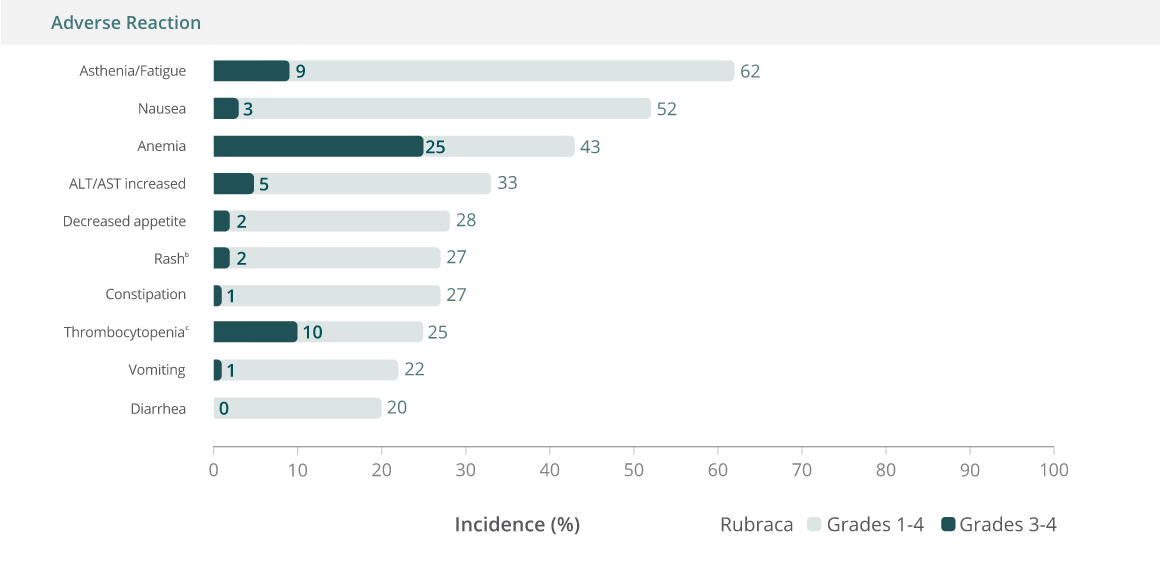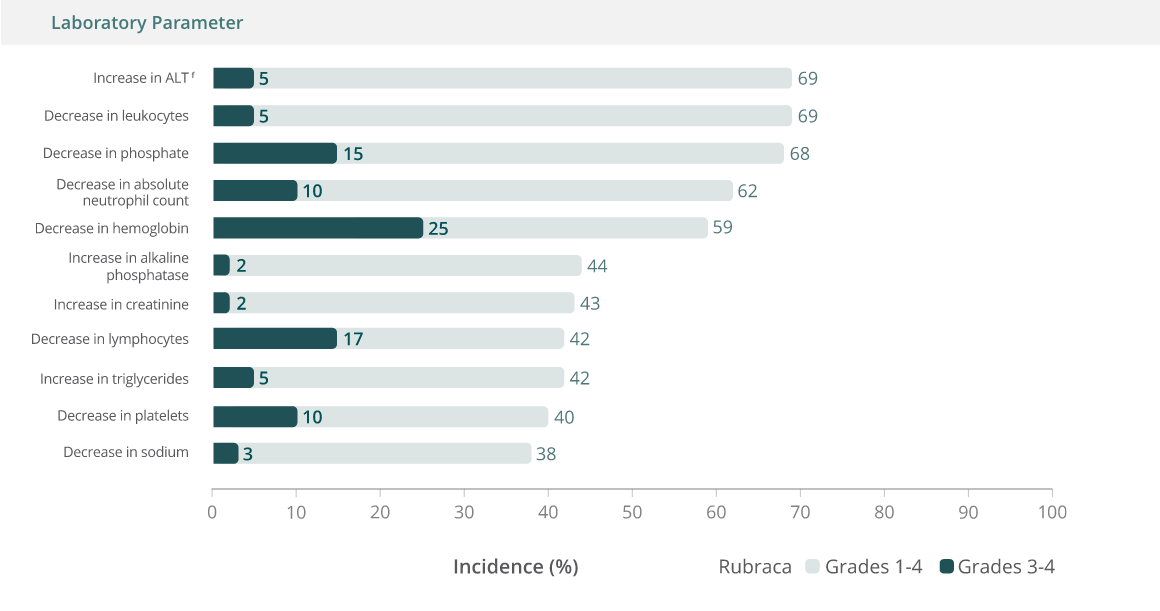THIS SITE IS FOR U.S. HEALTHCARE PROFESSIONALS ONLY
BRCAmut+ Metastatic Castration-Resistant Prostate Cancer (mCRPC)
SELECT INDICATION






The information contained in this website is intended for U.S. healthcare professionals only.
By clicking the button below, you acknowledge that you are a U.S. healthcare professional.